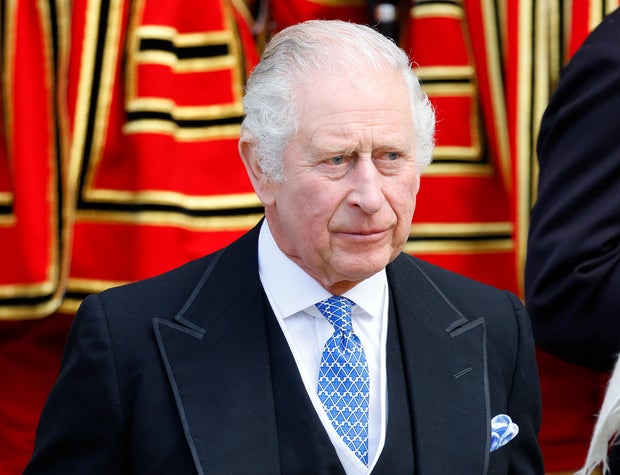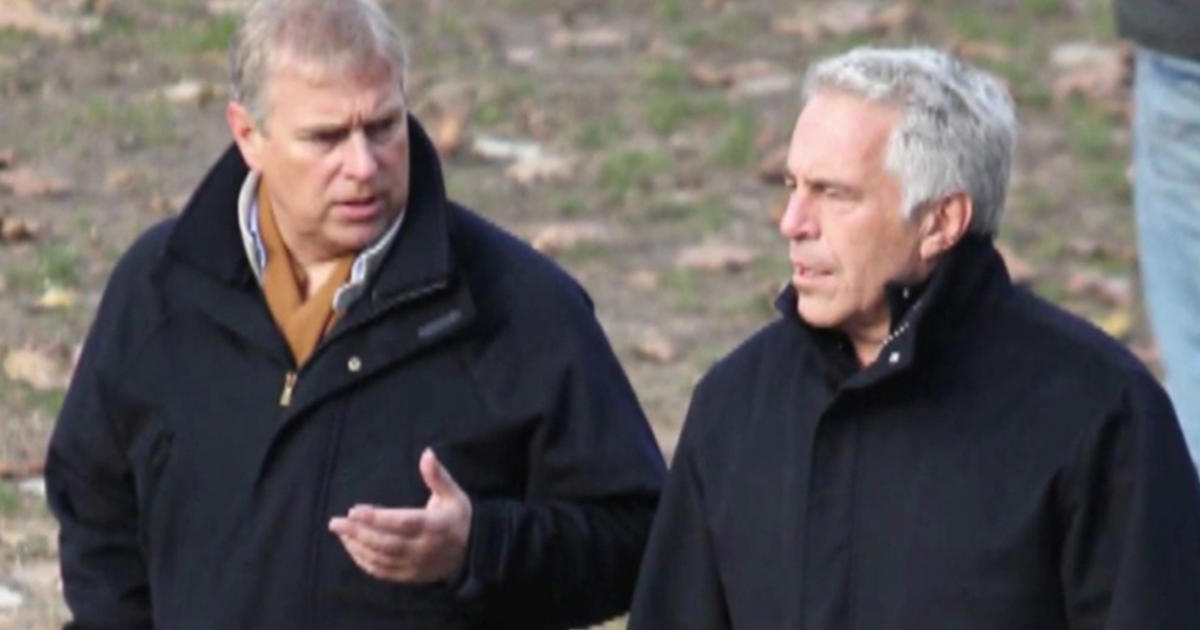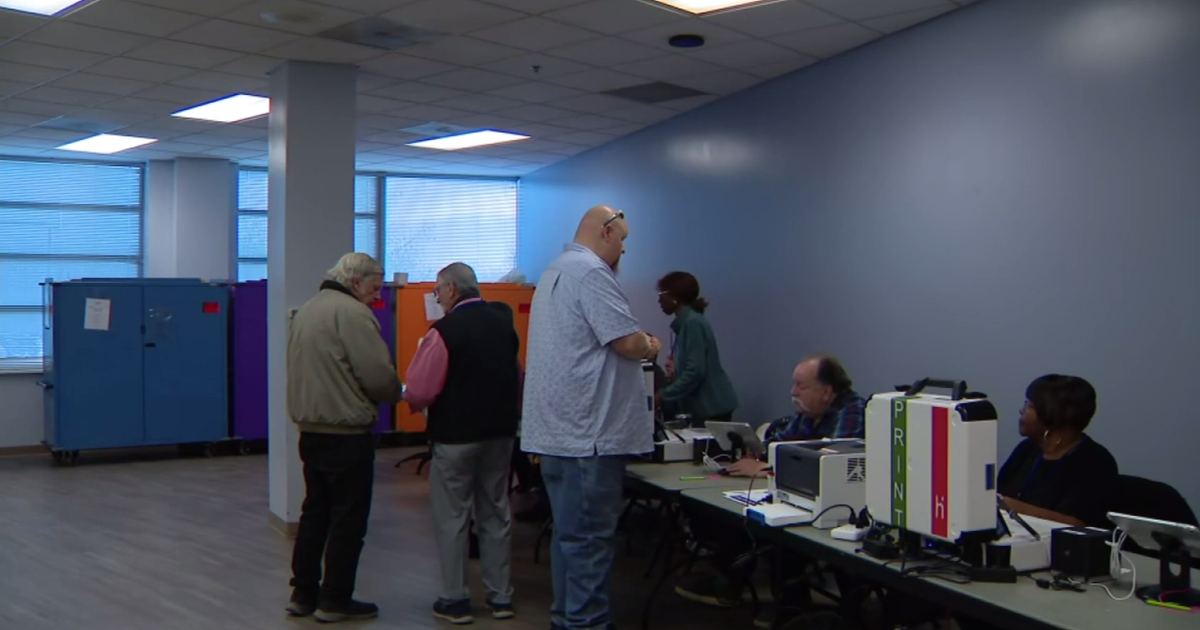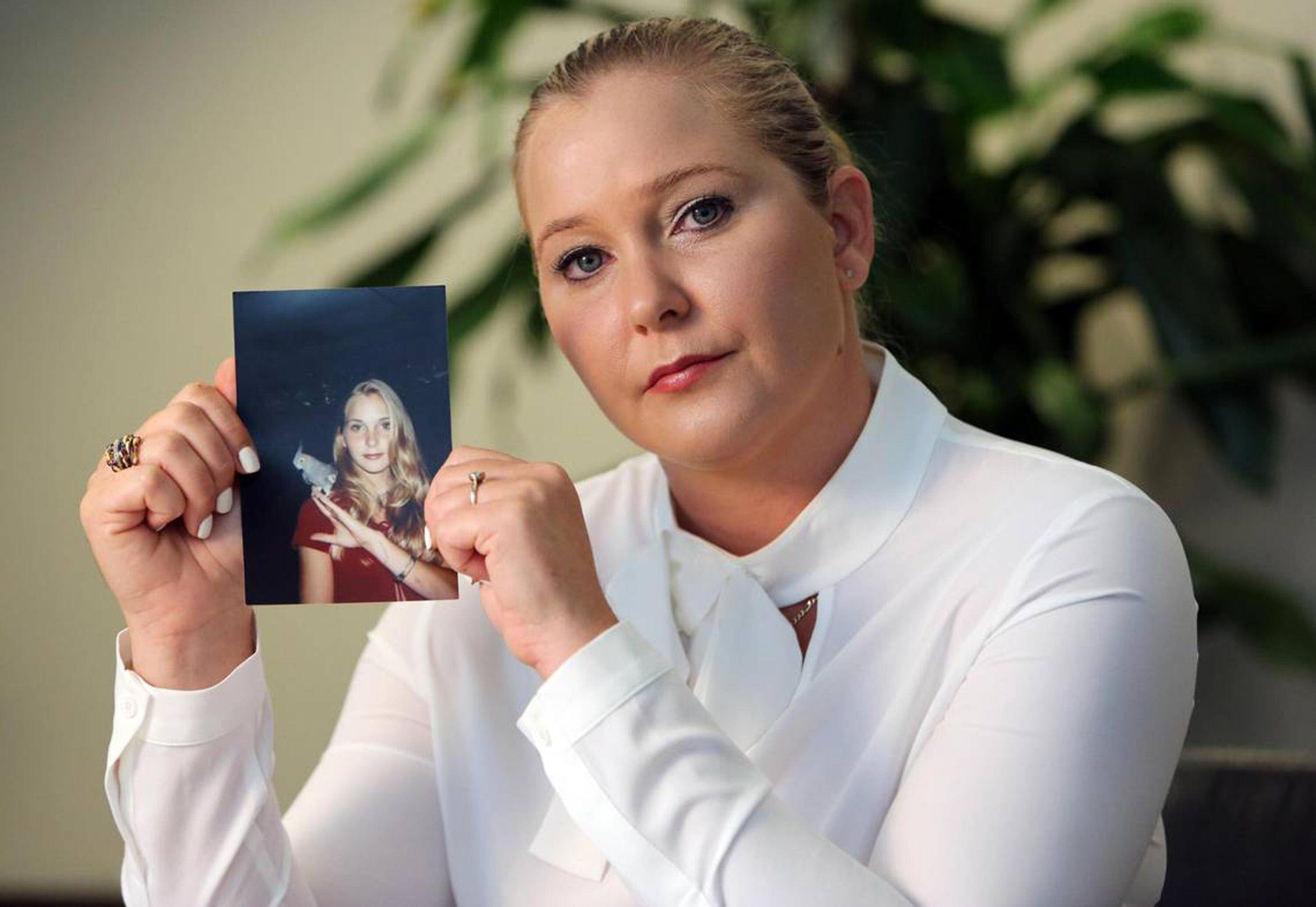King Charles III supports investigation into monarchy's links to slavery, Buckingham Palace says
King Charles III for the first time has signaled support for research into the British monarchy's ties to slavery after a document showed an ancestor with shares in a slave-trading company, a Buckingham Palace spokesperson said Thursday.
Charles takes the issue "profoundly seriously" and academics will be given access to the royal collection and archives, the palace said.
The statement was in response to an article in The Guardian newspaper that revealed a document showing that the deputy governor of the slave-trading Royal African Company transferred 1,000 pounds of shares in the business to King William III in 1689.
The newspaper reported on the document as part of a series of stories on royal wealth and finances, as well as the monarchy's connection to slavery.
In his recent memoir "Spare," Prince Harry wrote that the monarchy rests upon wealth generated by "exploited workers and thuggery, annexation and enslaved people."
Esther Stanford-Xosei, a lawyer and reparations expert, told CBS News in January that it is believed the British monarchy was "heavily involved" in the financing of enslavement, including the voyages of slave traffickers between Africa, Europe and the Americas.
Stanford-Xosei explained that James II, the Duke of York in the 17th century, was the governor of the Royal African Company, which was involved in transporting enslaved Africans.
"They also found ways of branding African people with the inscription 'DY,' for Duke of York," Stanford-Xosei said.
Charles and his eldest son, Prince William, have expressed their sorrow over slavery but haven't acknowledged the crown's connections to the trade.
In March of 2022, Prince William and Kate, the Princess of Wales, were met by protesters during a visit to Jamaica, who demanded an apology for the monarchy's role in slavery, along with reparations from the United Kingdom.
"The appalling atrocity of slaver forever stains our history," William said during the visit. "I want to express my profound sorrow."
The king has said he's trying to deepen his understanding of "slavery's enduring impact" that runs deep in the Commonwealth, an international grouping of countries made up mostly of former British colonies.
During a ceremony that marked Barbados becoming a republic two years ago, Charles referred to "the darkest days of our past and the appalling atrocity of slavery, which forever stains our history." English settlers used African slaves to turn the island into a wealthy sugar colony.
The research into the monarchy's ties to slavery is co-sponsored by Historic Royal Palaces and Manchester University and is expected to be completed by 2026.
Charles ascended to the throne last year after the death of his mother, Queen Elizabeth II. His coronation is planned for May 6.




